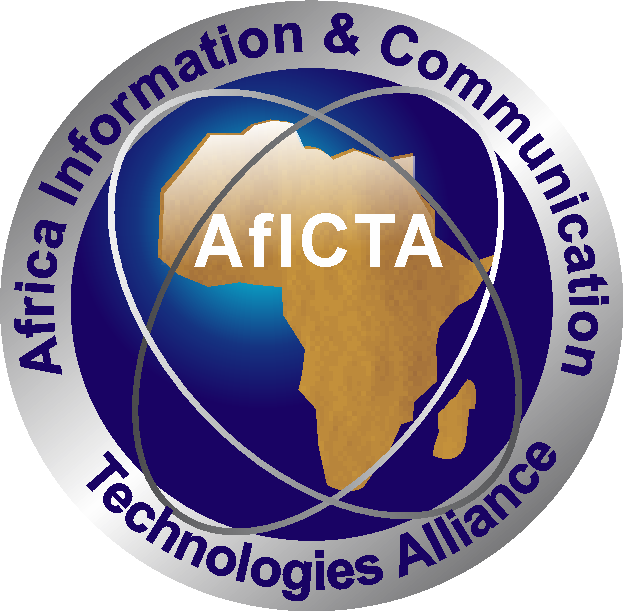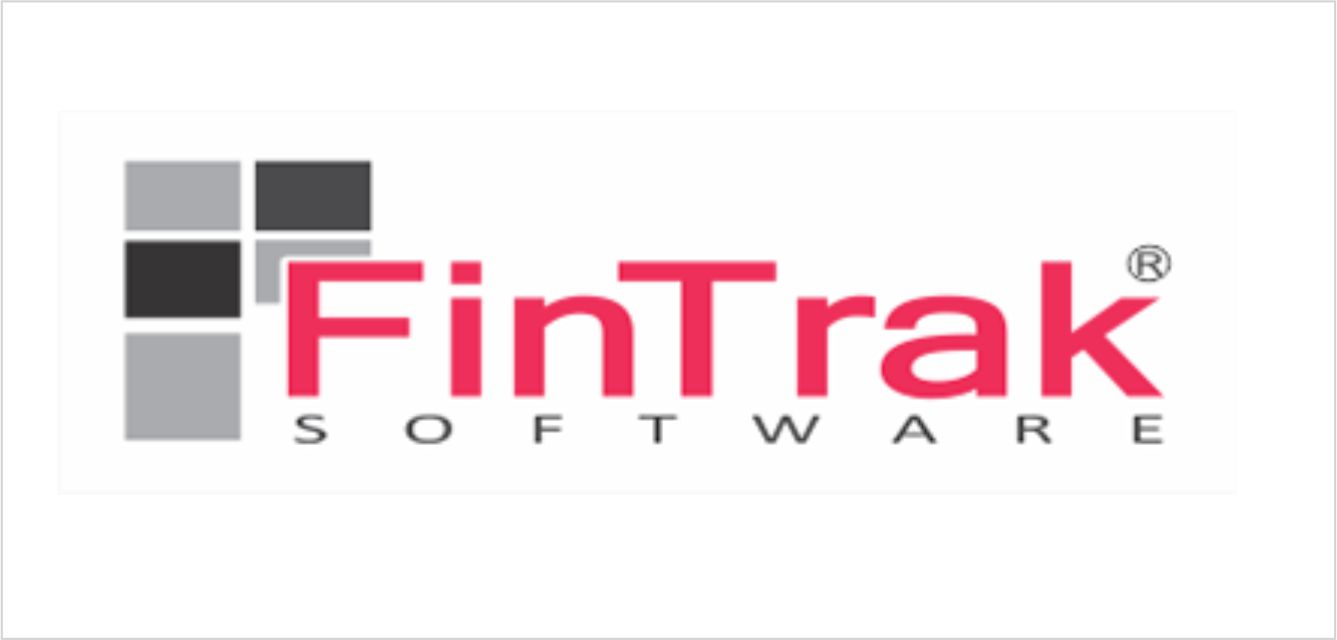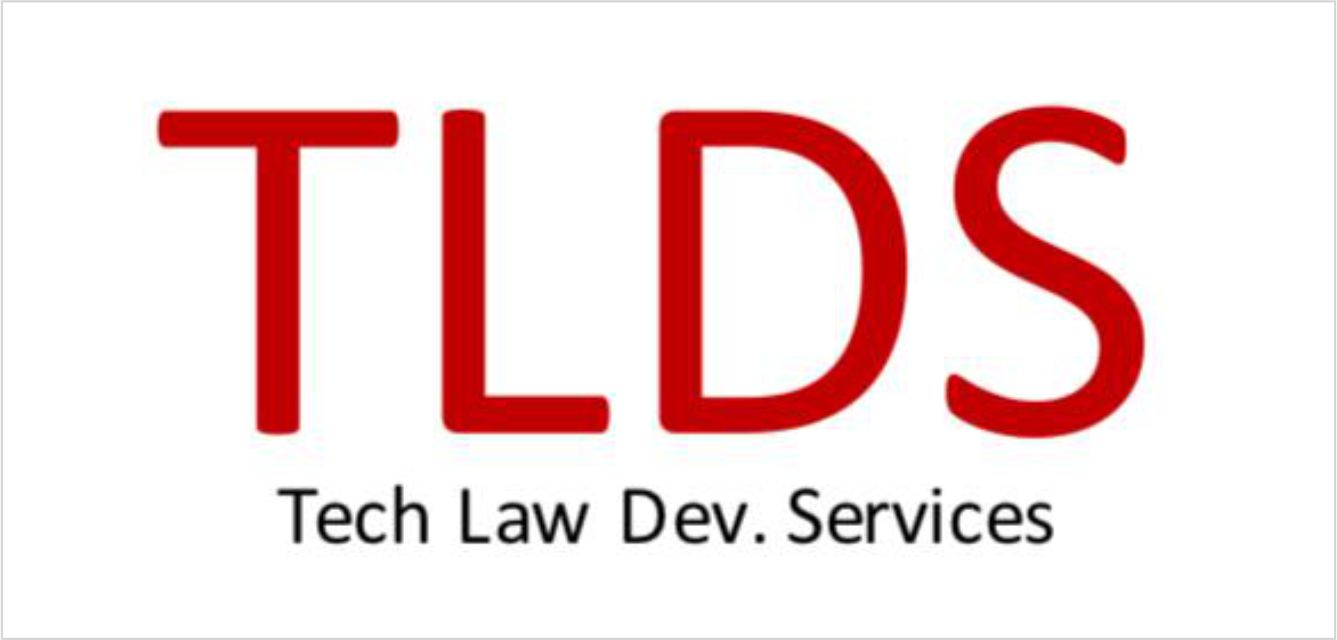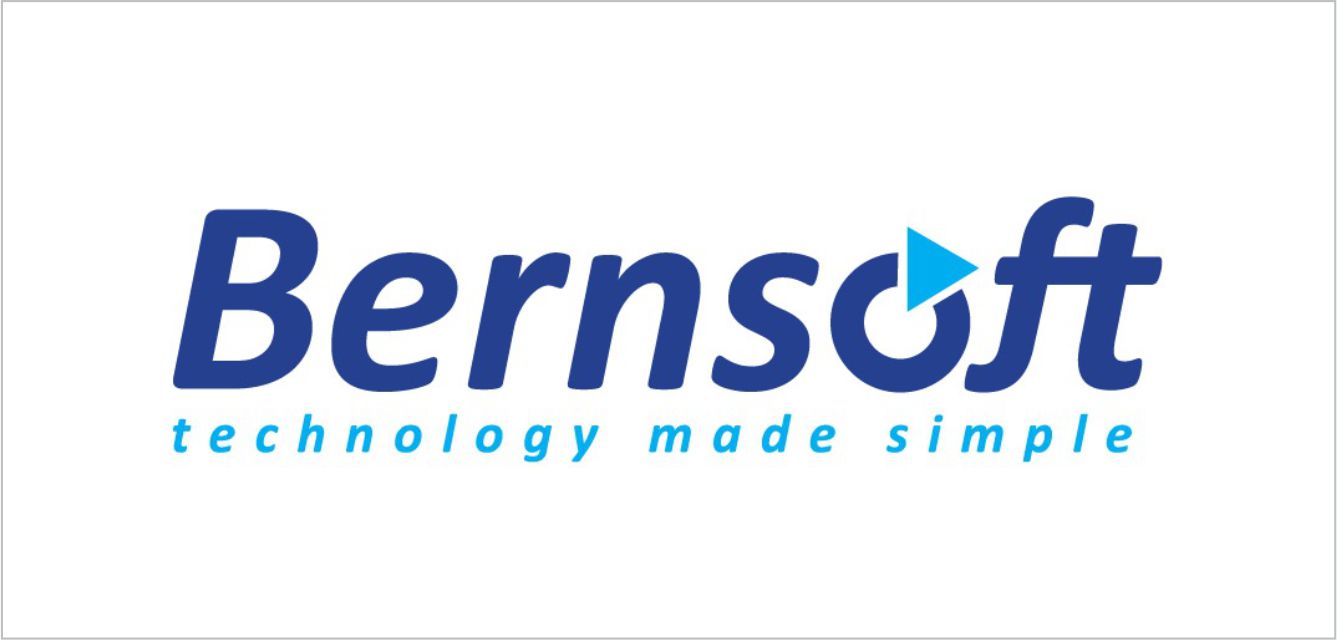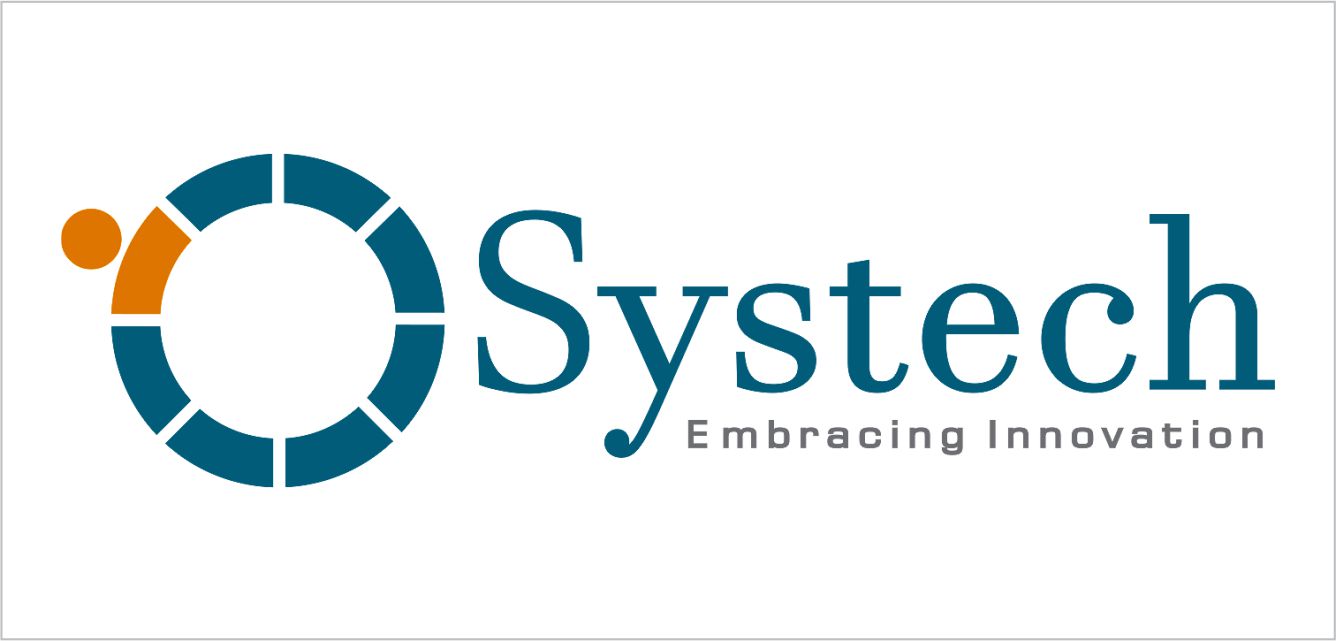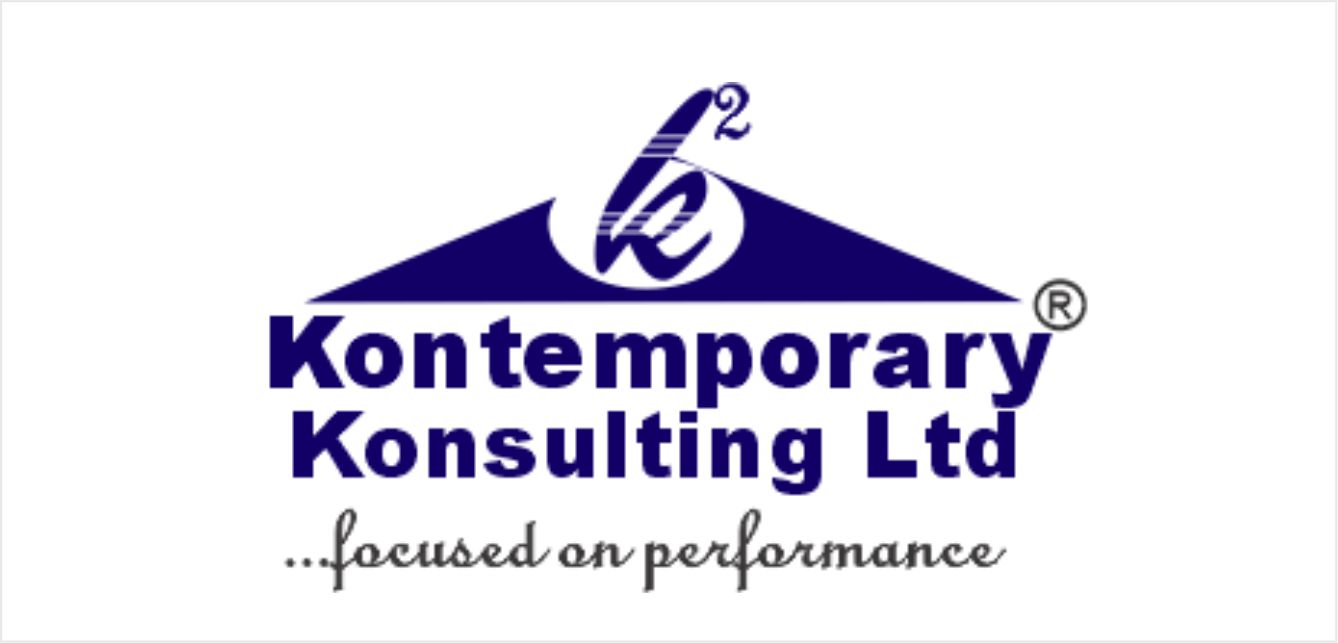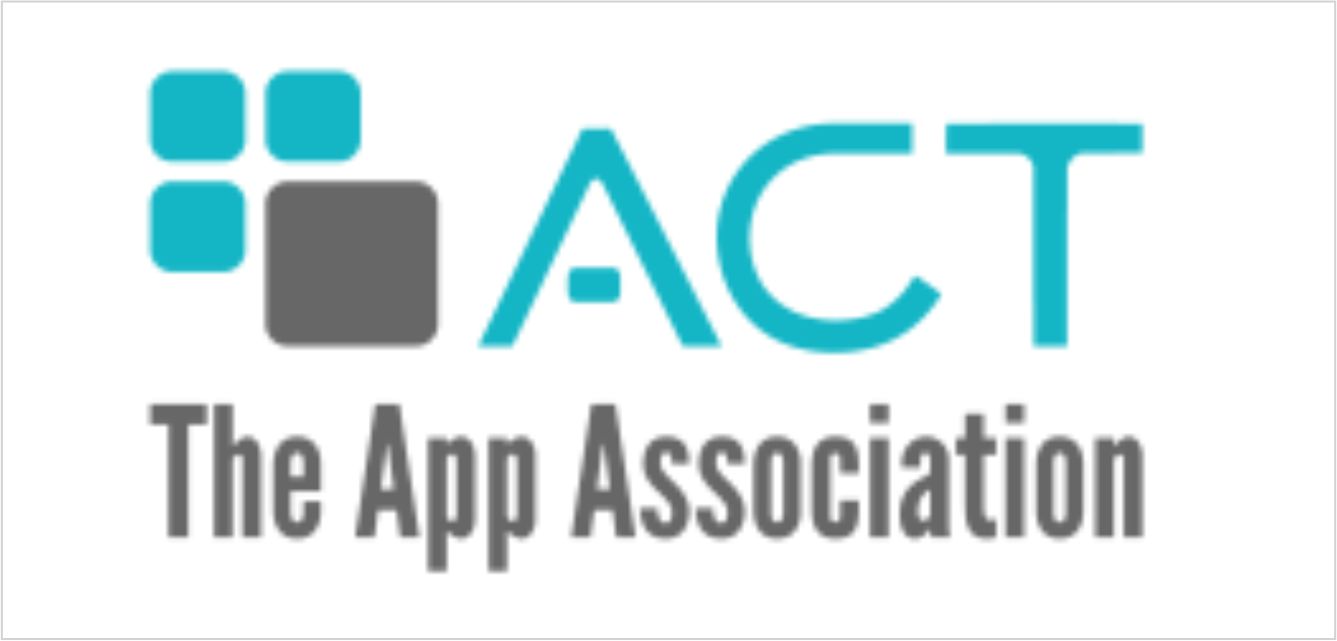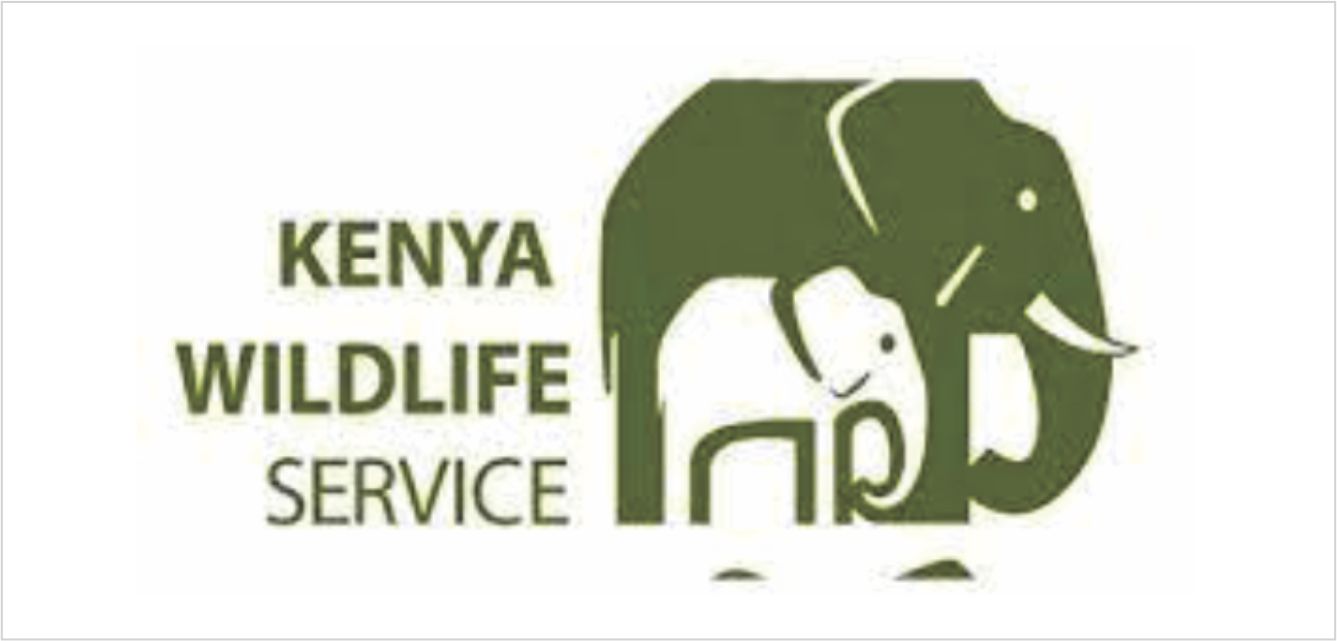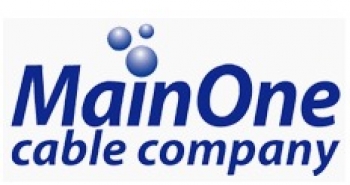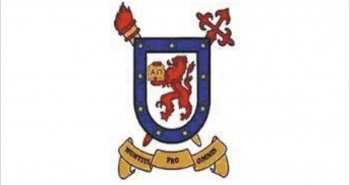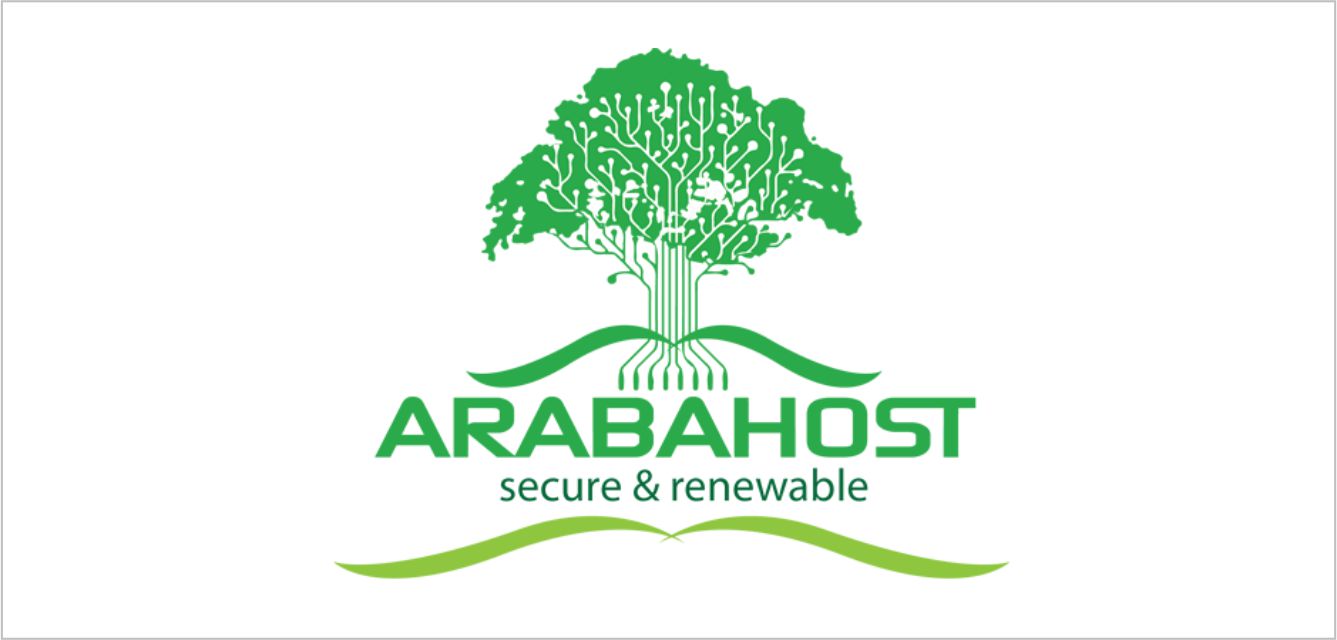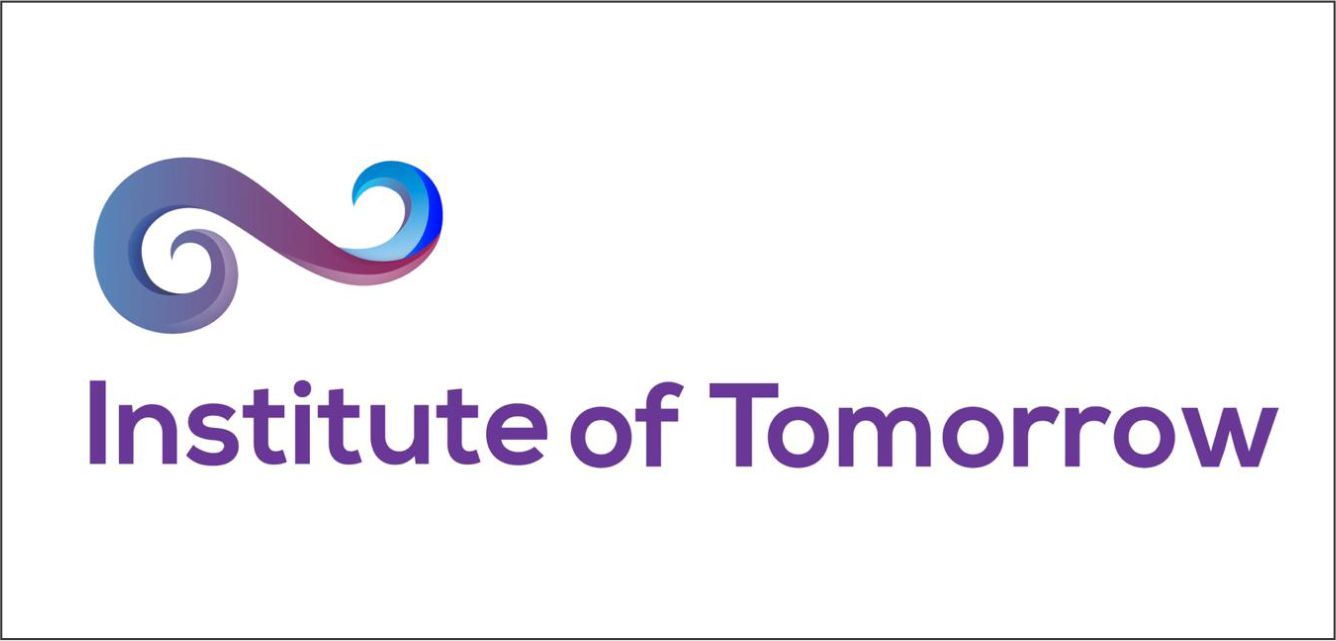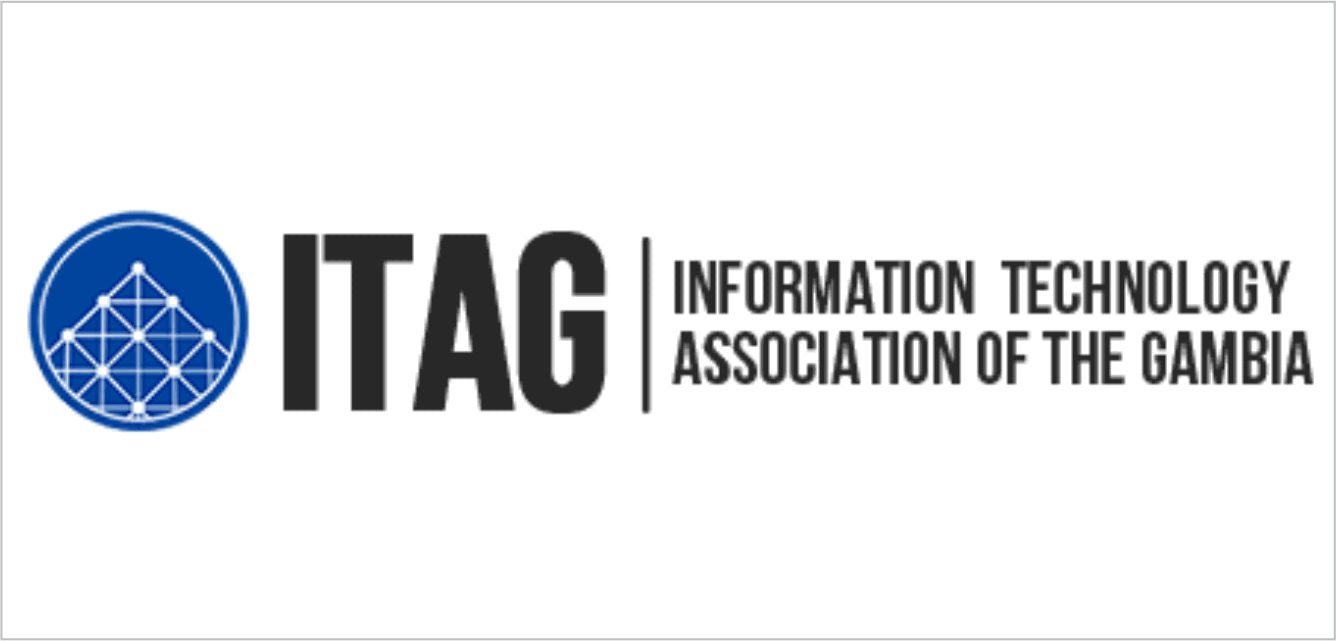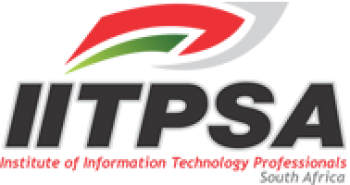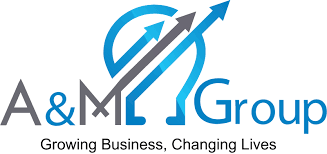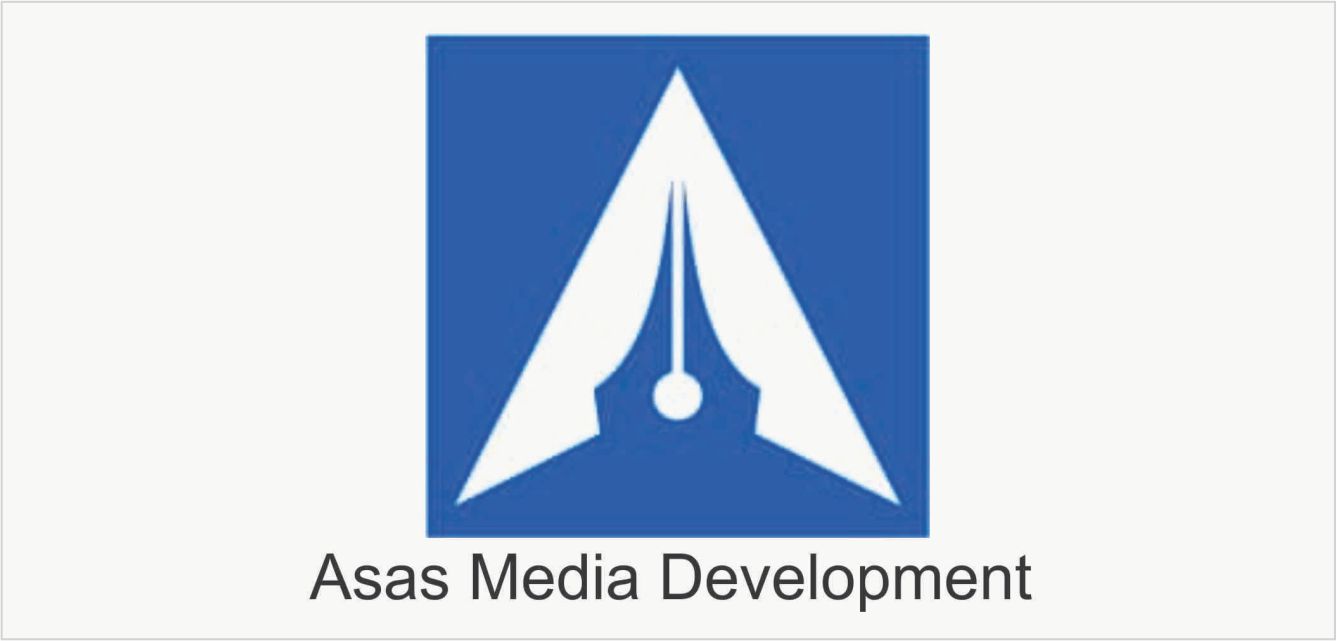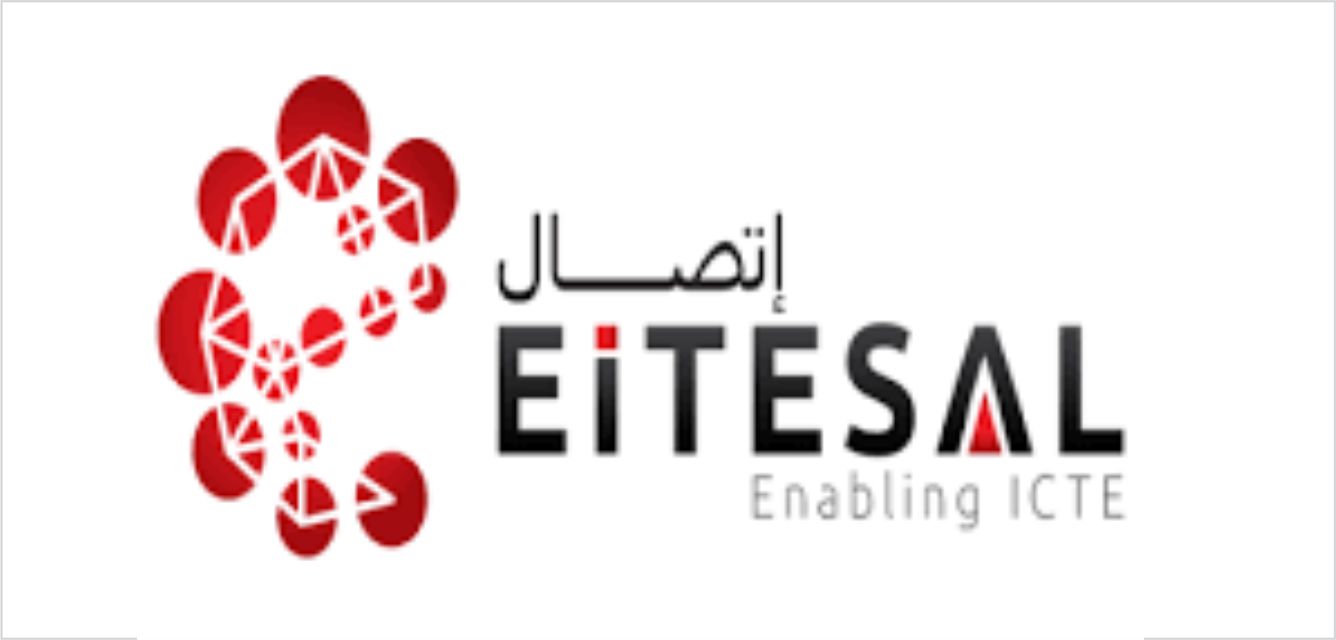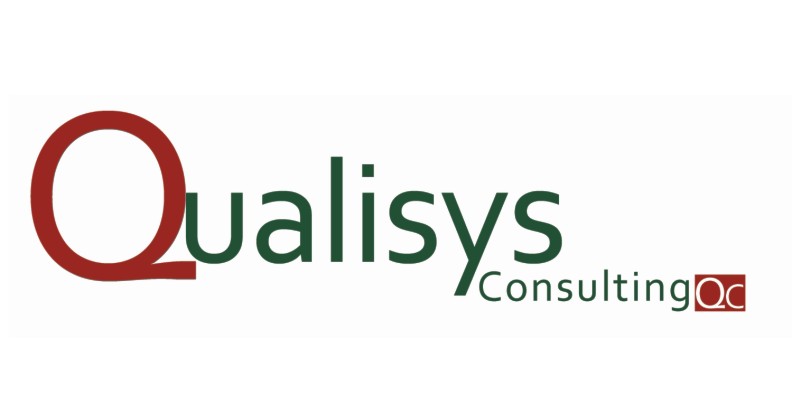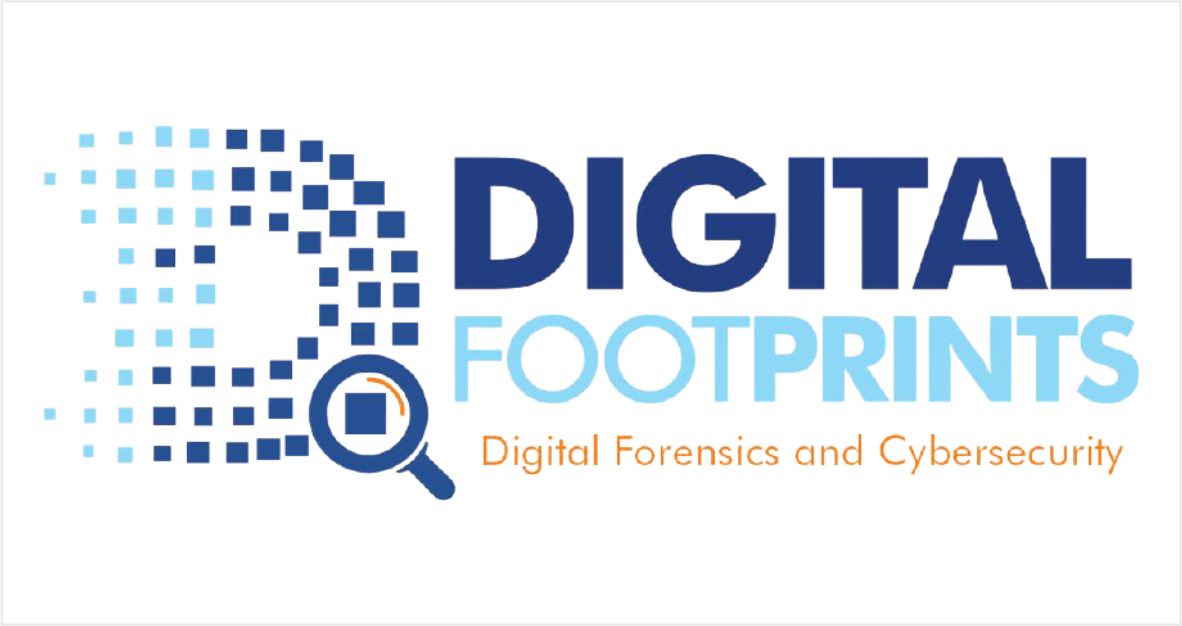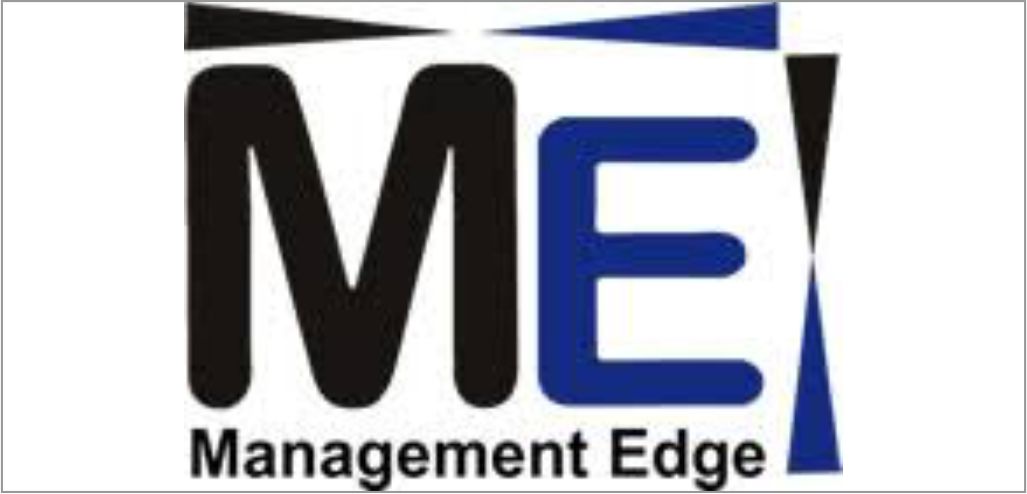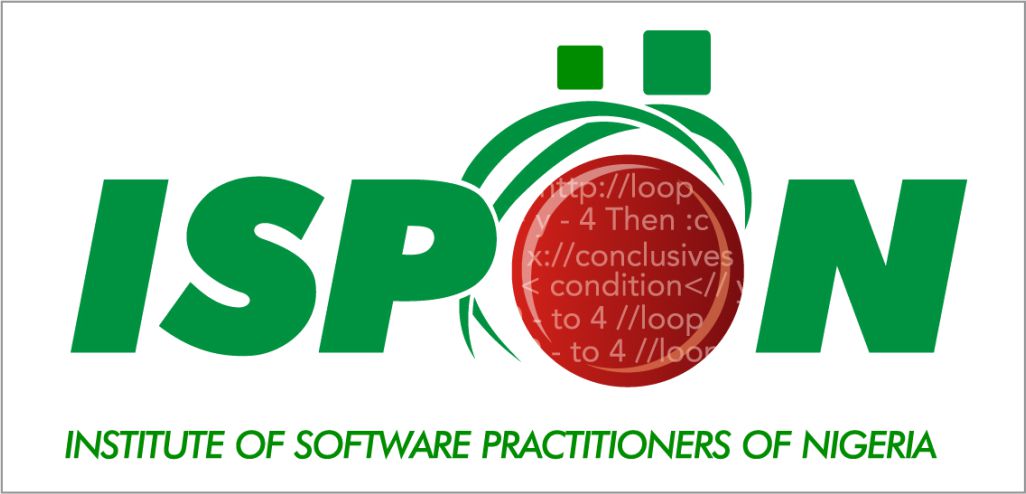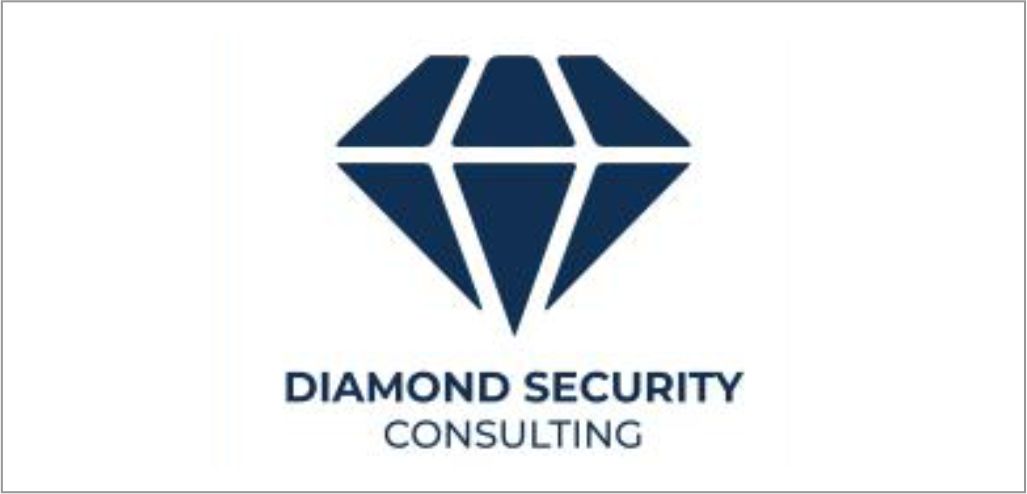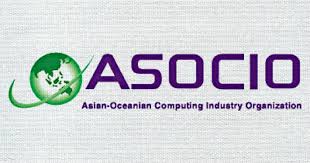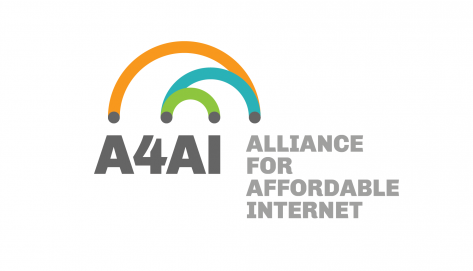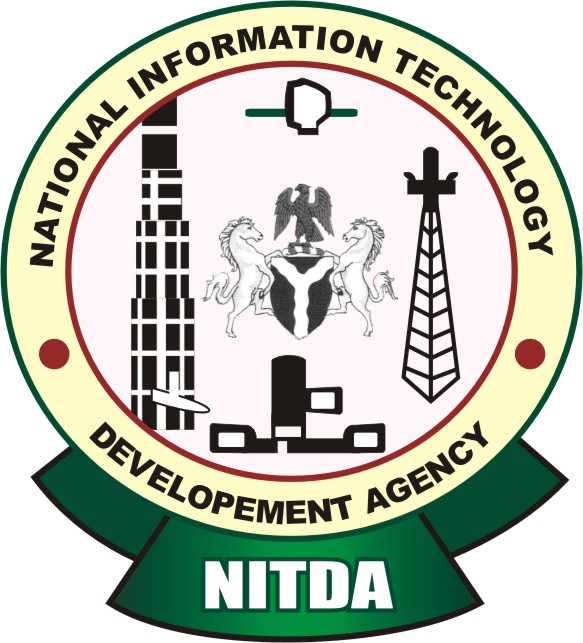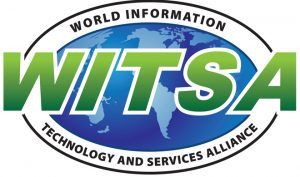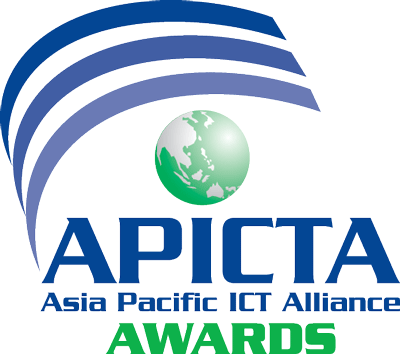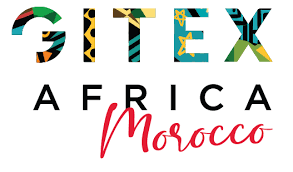(I had the privilege of being a member of the United Nations Secretary General Multi-stakeholder Advisory Group of the IGF 2011-2013 and currently am a member of the UN Commission on Science and Technology, UNCTAD’s WG on Enhanced Cooperation which is discussing how to fulfill and further enhanced cooperation in public policy matters pertaining to the Internet.)
IGF is aimed at promoting global dialogue on the issue around IG and proferring non-binding but tangible outcomes. It is also aimed at fostering understanding of the ramifications of IG with respect to current, new and emerging trends. IGF is hosted by a government, annually since 2006. In 2015, the IGF convenes in Brazil November 10-13, 2015. Several national, sub-regional and regional versions have taken place or will be convening on the lead to the global IGF. For example, here in our own country, the Nigerian IGF took place on July 22, West African IGF on June 18-19 and the African IGF will be held in Addis Ababa, September 6-8, 2015. We can be proud that of these National and Regional IGFs – now numbering over 40, and spanning all regions, African countries and sub regional Initiatives – ranging from East, West, South, and Central Africa are all engaged in these bottom up and inclusive discussions regarding governance of the Internet.
Enhanced Cooperation
Enhanced Cooperation on the other hand is about how to further the engagement of governments, and intergovernmental entities, and can lead to evolving appropriate and acceptable frameworks for governing the Internet through binding public policy positions, agreements and conventions. In fact, there was no clear definition of what enhanced cooperation was, when the Tunis Agenda was negotiated, but the agreement to further discuss and examine was embodied in the Tunis Agenda, Paragraph 69, 70 and 71
Undeniably, there is a strong cross dependency of Internet Governance and Enhanced Cooperation. Whatever the old narrowband policies were, we are in a different space, and a different time. Enlightened governments understand that users – whether they come from civil society, NGOs, the technical community, or industry, are their undeniable partners in understanding policy challenges, and in devising policy solutions and approaches.
Engagement of these parties is now called ‘multi stakeholderism’ and is embraced from the top levels of the United Nations, to the Intergovernmental agencies, such as the UN’s ITU, UNESCO, …and by the regional entities, such as the African Union, Organisation of American States – but also by business and civil society and the technical community.
The subjects concerned with IG are quite diverse and cross-cutting. Some of these include cybersecurity, cybercrime, rule of law on the Internet, managing Critical Internet Resources (CIR), Intellectual Property Rights, privacy, access, culture & diversity, freedom of expression & association, social media, broadband, and emerging issues like Internet of Things (IoT), datafication, big data, data analytics etc.
Cyber Security itself is a complex topic, and can be interpreted as including protecting the security of data, networks, preventing risks and threats through malware, viruses, or in some cases, by some, as extending into the more challenging areas of dealing with misuse of the networks and services for hostile purposes, including terrorism. It is undeniable that certain areas do fall within the purview of law enforcement, and certainly, business and citizens want to recognize and respect when that is the case.
However, the debate about Enhanced Cooperation is being in some cases, confused with governance of the Internet. For example, in addressing cybersecurity through Enhanced Cooperation there are two camps. Camp 1 is composed of some countries that want the US to relinquish its control of the Internet and hand it over to the United Nations. Some of the countries here include Russia, Saudi Arabia, China, South Africa, Brazil, and India, with Brazil making significant modifications and India officially showing signs of modifying its thinking in June 2015) The other camp composed of most of the rest of the world’s governments wants the management of CIR to be delivered to all stakeholders i.e.relying on the collaboration of governments, private sector, civil society, academic & technical community.
Much progress has taken place since the World Summit concluded in Tunis in 2005. In March 2014, the USG as part of its original plan at the formation of ICANN in 1998 announced its readiness to relinquish its remaining oversight function of the unique indicators of the Internet to the global Internet community – e.g. transitioning the oversight of the Internet Assigned Numbers Authority (IANA) function. It requested a proposal from the global Internet community on the best governance framework that would replace its oversight function; and tasked ICANN to convene the process.
ICANN called for proposal from all stakeholders on how best to proceed and the broader Internet Community responded with the creation of a process that is driven by the stakeholders, including government representatives.. At the end of the consultation, the IANA Coordinating Group (ICG) composed of all stakeholders representatives was formed through bottom-up and consensus driven process to receive and consider proposals on naming (domain name community) and numbering (domain numbers community) to be transmitted to the USG through the National Telecommunication and Information Administration (NTIA). NTIA, US Department of Commerce, did establish baseline criteria – essentially four principles:
- Support and enhance the multistakeholder model;
- Maintain the security, stability, and resiliency of the Internet DNS;
- Meet the needs and expectation of the global customers and partners of the IANA services; and,
- Maintain the openness of the Internet.
And made it clear that there is an underlining requirement that it's role should not be replaced with any government or intergovernmental arrangements.
Of course, there are concerns about the transition, and many stakeholders are actively engaging in the work that is moving forward very rapidly, representing thousands of hours of face to face and online collaboration. In fact, the work of the community also led to the creation of a parallel and closely aligned working group, led again by the community, and accepted by ICANN, to focus on improving and strengthening accountability mechanisms for ICANN itself.
It is not a surprise that given the historical commitment and investment from the US, both government and industry, that the US Congress has passed a law affirming that NTIA key requirement must be met before any handover takes place. Still, the work within the ICANN community is receiving broad support, and represents the perspective of all who are willing to engage. It is a truly bottom up, consensus based endeavor, and one that is indeed a reflection of the vision of the Tunis Agenda’s call for engagement of Stakeholders.
The Cybersecurity Nexus
Effective management of CIR is a part of the cybersecurity challenge. Cybersecurity issues like identity theft, child pornography, fraud, data security and other cross-border crimes meet with other challenges like child trafficking, money laundering, theft of personal information on broader scales, man in the middle and other network or automated services of governments attacks. Some of these challenges of the online world move into the space where government agencies and intergovernmental specialists, such as United Nations Office on Drug and Crime (UNODC), Interpol, North Atlantic Treaty Organisation (NATO), and specialized national agencies collaborate, and where challenges emerge about who is in charge. Yet, the majority of the challenges on the governance of the Internet can be dealt with through multi stakeholder processes, and strengthening the security and resiliency of the networks and the services, and how users protect themselves. How children are kept safe online must be a partnership of parents, caregivers, service providers, and governments and not deny them access to the good parts of the Internet and online world In short, if the question is can the world speak with one voice? Yes. I think we can. With more than 75% of stakeholders agreeing on what to do and working diligently towards it, yes, we can.
We need to collaborate to understand when it is absolutely necessary to have an intergovernmental solution, but also to understand that intergovernmental solutions are much slower than national approaches, and may divert national resources away from taking more positive and meaningful action within our own national borders.
Several Initiatives apart from IGF and UN CSTD WG on EC are already in place. Some of them include: the Global Internet Policy Observatory, (GIPO), funded by the European Union, the Global Observatory Council of the Chatham House, London, the Budapest Convention on Cybercrime and the African Union Convention on cyber security and personal data protection. Another emerging activity, still being defined, is the NetMundial Initiative.
Recently, Nigeria indicated its strong commitment to tackling cybercrime challenges with two important documents. The National Cybersecurity Policy and Strategy and the Cybercrime Act of 2015, which deserve more awareness and discussion. Some stakeholders have raised serious concerns about Section 38, 39 & 40 of the Act which gives law enforcement access to Service Providers infrastructure without judicial authorization. Some stakeholders are recommending that Nigeria endorses the Budapest Convention on Cybercrime to further enrich the global response to tackling cyber security challenges. In any case, improving the Act to include judicial authorization will strengthen the Act, and its future implementation and strengthen Nigeria’s standing internationally.
AfICTA strongly believes in Enhanced Cooperation as a means of global mitigation of cybersecurity issues. We echo this position in our recent submission to the UNGA WSIS+10 Review (available @
AfiCTA recognizes that the Internet and the online world it accesses is a true value for all Africans – bringing our continent into its global place as representing the African citizens, not standing behind a larger entity, but speaking as Africa, with its uniqueness, its strength, and its innovative capability. Our citizens have so much to gain from an interconnected world – a world that harnesses ICTs to address our challenges – and to ensure that the Sustainable Development Goals, for instance, incorporate our citizens' needs, and draw in our strengths to devise the world that we want, for ourselves, and for the rest of the world.
US President B. Obama said in Kenya recently that “ It's when we utilize our full potential across all stakeholders that we can really optimize our potentials”.
This is what I think Enhanced Cooperation should be --when we reach out to all stakeholders and collaborate for the advancement of our one world, one Internet and one global village.
Dr Jimson Olufuye is the Chair, AfICTA - Africa ICT Alliance and CEO Kontemporary Konsulting.
